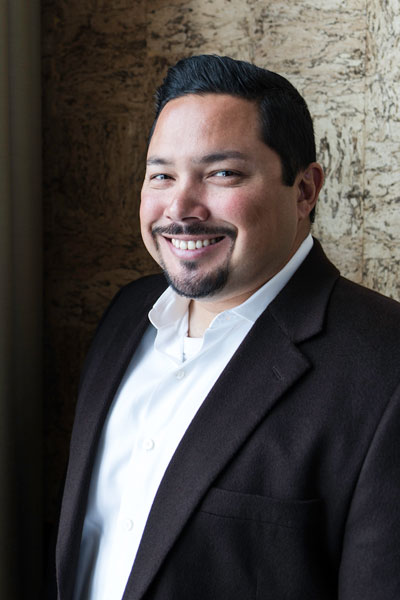Many professions are vulnerable to hits when the economy plunges, yet unemployment among physicians generally stands at less than 1 percent—irrespective of economic conditions. As a result, this makes recruitment in the industry distinct from other professions, according to Michael Lynch, HealthCare Partners’ senior vice president of clinician recruitment and retention.
“Unlike with lawyers or IT, where there is an ebb and flow of demand for those services, in healthcare, the demand hasn’t gone down,” Lynch explains. “It shifts, but it stays in the general sphere. The way people access their healthcare may be different, but the demand is always there.”
Physicians who are looking for a change also tend to be passive job seekers; if they openly pursue a new position, it could have repercussions in their current role. This presents a major challenge to HealthCare Partners in its recent recruitment initiative, but Lynch is at the helm of finding solutions.

As the industry began to shift its focus from volume to value with new healthcare laws in 2012, HealthCare Partners’ executives concentrated on not only finding high-quality physicians, but also ones whose approach harmonized with the company. The culture at HealthCare Partners is singular, which Lynch says is “one of the most unique I’ve seen in healthcare.”
The company has been studied by leading business schools examining how culture effects dedication among employees. Indeed, Healthcare Partners’ language reflects its emphasis on community: the CEO is referred to as the company’s “mayor,” and employees are “teammates of the village.” The company’s core pillars are also expressed in its trilogy of care: caring for our patients, each other, and the world.
HealthCare Partners is not shy about its ambitions in this space, having declared a mission of becoming what Lynch calls “the greatest healthcare community the world has ever seen.” To reach this lofty place, it is essential to increase patient access to care and have just the right physicians in place.
In searching for physicians, Lynch and HealthCare Partners look at a doctor’s philosophy of practice, as well as the quality of their work. He notes that most physicians chose this line of work not only to treat those who are ill, but also to keep them healthy overall, which is in line with HealthCare Partners’ focus. In their recruitment campaign, HealthCare Partners shows them that this model of medicine—as opposed to the volume-based assembly line model—exists, and that doctors don’t have to be in a small physician group with all its attendant difficulties to practice it.
“The way people access their healthcare may be different, but the demand is always there.”
But how does one get this information to physicians when many are veiled in their present jobs? To get around this obstacle, HealthCare Partners has begun a grassroots campaign to get face-to-face with as many physicians as possible. For the past two years, the company has been active with the American College of Physicians and other professional associations, putting HealthCare representatives in the company of more doctors. Every year, it hosts the opening reception at the AAFP’s annual Family Medicine Experience conference. The company also goes to medical schools and speaks of its trilogy of care, planting the seed with students on the cusp of becoming physicians.
“Things like e-mails and direct postcards won’t cut it,” Lynch explains. “We try to be face-to-face and actually use the old-school method of calling physicians in a certain practice area and talking to them, asking for five minutes of their time, and telling them who we are and what we’re about. We tell them, ‘If you practice with us, you can do it the way you always wanted to.’”
Once they get face-to-face with physicians, or prospective physicians, they talk about focusing on patient satisfaction along with balancing cost for procedures. HealthCare Partners gives patients more time with physicians than the ten-minute visit model allows, so the doctor can get to know all of the patients’ needs. The company strives for better coordination across the spectrum of the patients’ care and eliminates redundant procedures and testing. When patients are in the hospital for a procedure, all the information is immediately transferred to the primary care provider.
HealthCare Partners hopes to find eager ears when passing along this philosophy at conferences and medical schools. And, Lynch says, it’s been working. “We’ve been able to increase the quality of our physicians from a clinical standpoint, as well as the alignment of mission values and philosophy,” he explains. “It’s also allowed us to take top-grade physicians within the organization and free them up to take up leadership positions. In 2016, we’ve already met our hiring goal before going into the fourth quarter for most markets. Over the past twelve to eighteen months, it’s been a godsend.”
As the recruitment efforts continue and more physicians align with HealthCare Partners’ mission, the company’s culture is amplified and the lofty goal of being the greatest healthcare community becomes more attainable. “We don’t think being the most profitable or the biggest makes us the greatest,” he says. “It’s the trilogy of care and our philosophy of patient care, and my drive is to push that culture to our patients and physicians and have everyone feel that.”


